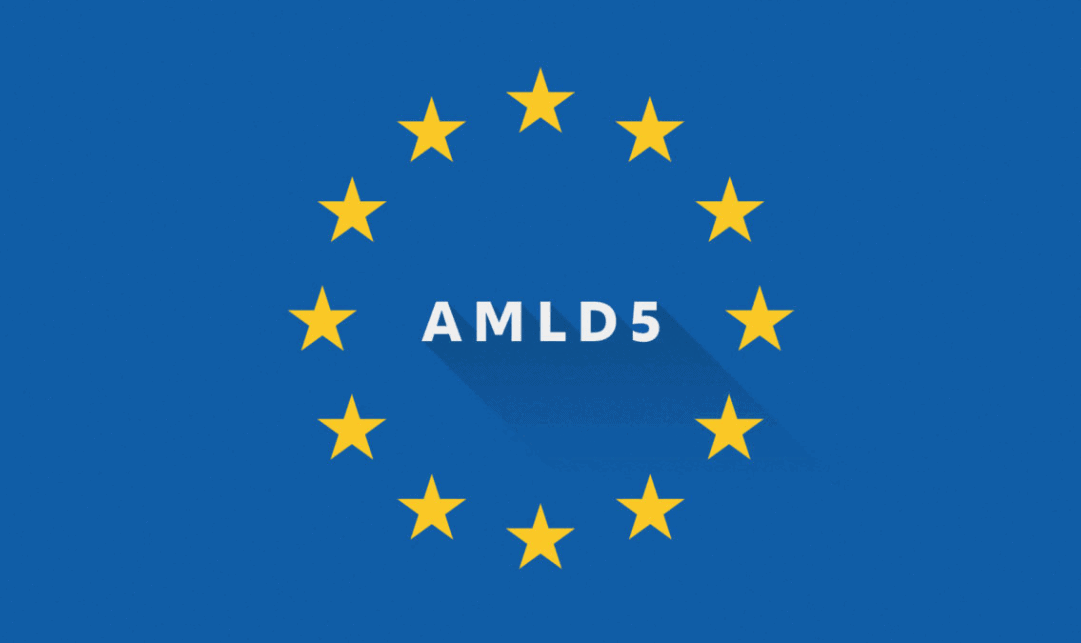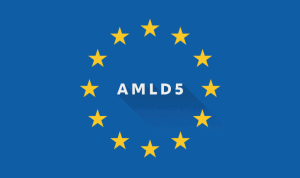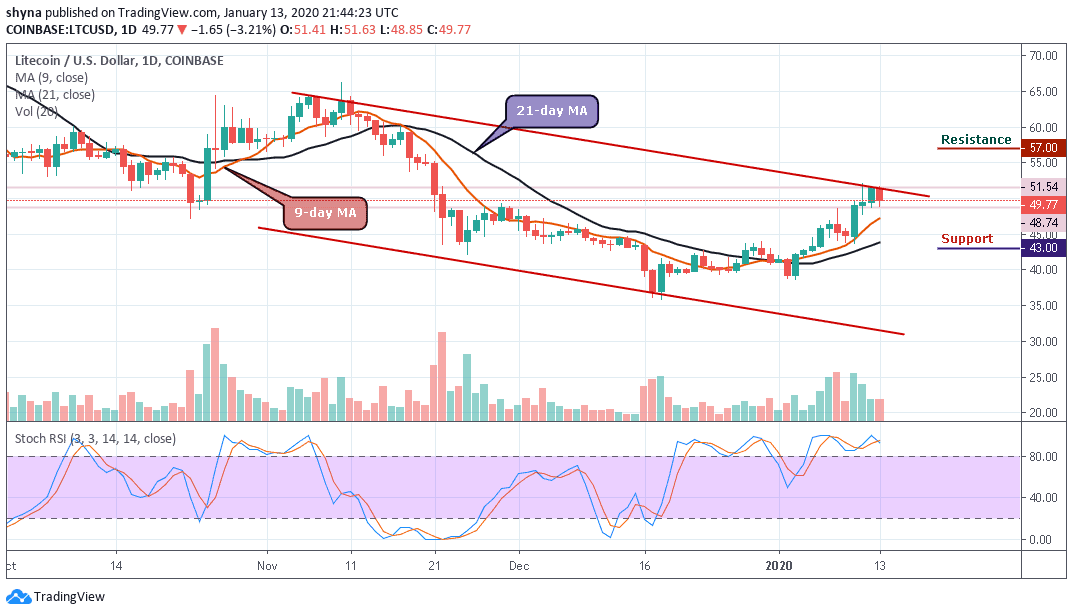Join Our Telegram channel to stay up to date on breaking news coverage
As the EU members adopt AMLD5, cryptocurrency exchanges in the region will be forced to increase their compliance costs. The Fifth Anti-Money Laundering Directive brings these entities under the purview of existing regulators.
Increased costs for exchanges
The cryptocurrency exchanges based in EU member states will have to comply with the AMLD5, which came into effect on January 10. Though the member states haven’t formed a consensus on the application and execution of the new anti-money laundering guidance, the exchanges will have to brace for impact. The Paypers, a Dutch media outlet, said that the directive could shoot up compliance costs for cryptocurrency exchanges.
The exchanges will first have to register with their respective local financial regulators and follow the AML and Know-your-Customer (KYC) guidelines. It will be impossible for these entities to create customer accounts based on minimum documentation. The financial regulators will be able to request data from the exchanges that they deem relevant to their compliance requirements.
Exchanges are preparing for change
Some exchanges don’t want to bear the increased compliance requirements and costs in the EU. Deribit, a Dutch crypto platform, is already planning to shift to Panama, where it could enjoy fewer restrictions and compliance oversight.
Kraken, a US-based crypto exchange giant, said that compliance costs for exchanges are on the increase. In December 2019, CryptoBridge had to shut down within two months of pledging compliance with the AMLD5. While the requirements could be too harsh for the exchanges, they may also help in developing trust for these platforms. As they will now comply with the industry standards followed by banks and other financial institutions, they will appear as safer and more trustworthy options for the users. This may further incentivize users to dive into the crypto sector.
The AMLD5 guidelines are less severe than those suggested by the Financial Action Task Force (FATF). The AMLD guidelines are concerned with fiat to crypto transactions only, but both focus extensively on preventing money laundering via anonymized digital currencies.
Join Our Telegram channel to stay up to date on breaking news coverage



